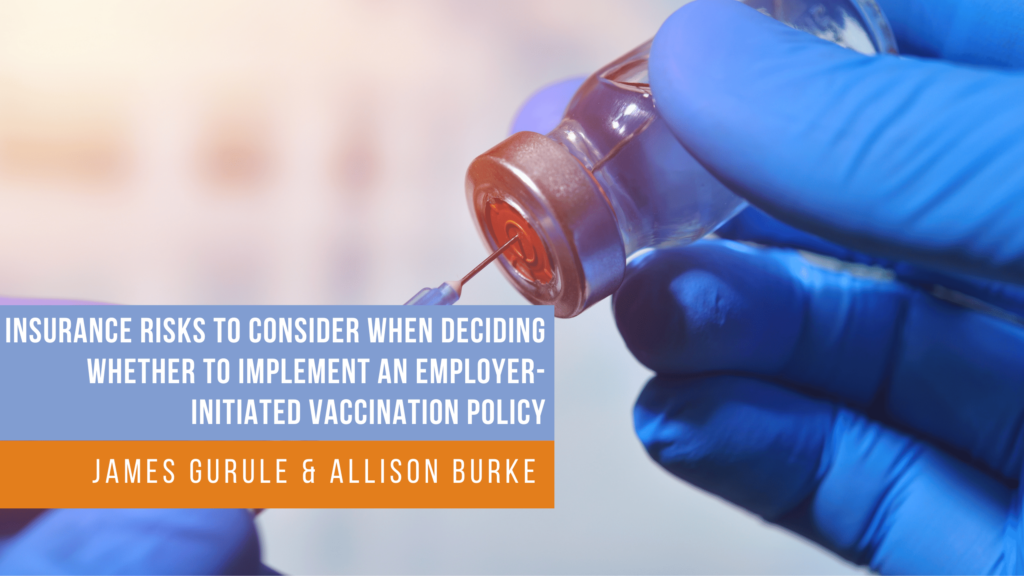Propel provides innovative insurance solutions to thousands of companies across the country. We make it our business to know your world inside and out.
Insights, Management Liability
Insurance Risks to Consider When Deciding Whether to Implement an Employer-Initiated Vaccination Policy
Leadership decisions impacting potential company liability have increased more than ever before, especially in the environmental, social and governance (ESG)-related risk space. ESG risks typically arise from current events and social topics and create additional risks and potential for your organization. These current issues include the environment (e.g., climate change, greenhouse gas emissions, pollution), social topics (e.g., diversity and inclusion, employee relations, worker health and safety and working conditions), and corporate governance (e.g., board structure and diversity, donations and political lobbying, corporate policies, and standards).
The rise of these topics and social inflation has exacerbated the severity of ESG risks much like traditional risks, such as bodily injury and property damage, and have made ESG concerns a growing area of corporate risk that companies need to know, understand, and manage. Managing these risks includes ensuring your company’s management liability program – Directors and Officers, Employment Practices Liability, and Cyber Liability – is adequate to protect your company.
In this article, we will be discussing a social topic – employer-initiated vaccination policies[1] – and the risks your company faces if it is deciding whether and how to implement a vaccination policy along with the risk management solutions your company can use to respond to the effects of your mandate or policy. This article will not provide any recommendations on whether you should implement a vaccine mandate or policy. This article is intended only to inform you of the potential challenges and risks your company may face in deciding whether, and how, to implement a vaccine mandate or policy.
Employers who are grappling with whether or how to implement a vaccine mandate face inherent risks in however they choose to proceed. Deciding to implement a vaccine mandate or not could cost an employer financially in litigation, reputationally with bad PR, or directly with a loss of employees unwilling to comply with your company’s policies.
If you choose to implement a vaccine requirement, your company may be:
- exposed to lawsuits from employees and/or shareholders who disagree with the policies,
- forced to address human resources-related challenges arising from alleged employee discrimination relating to mandates, religious or medical exemptions, and refusal to comply with vaccine policies
- dealing with health information privacy complaints
- grappling with ongoing struggles to find qualified labor who will abide by your company policies and related lack of productivity resulting from fewer workers.
The highly publicized Southwest Airlines pilot incident showcases the risks companies face not only was Southwest forced to defend litigation instituted by its pilots’ union, it also had to deal with the extensive PR fallout and financial losses when the pilots staged a large-scale “sickout” after the court dismissed their lawsuit. When additional vaccine policies take effect, there will undoubtedly be a substantial number of lawsuits alleging wrongful termination by employees who were terminated from their jobs for failure to comply with a company’s vaccine mandate.
If your company opts not to implement a vaccine mandate, there are other insurance risks you should consider, including:
- alleged breach of your fiduciary duties to your shareholders and employees, subjecting decision makers in your company to directors’ and officers’ suits for failure to adopt vaccination policies
- claims from employees who think it is no longer safe for them to return to work if a restrictive vaccination requirement is not in effect.
All of these risks come with financial costs to your company that your management liability program may or may not be equipped to address. To ensure your company is protected from these potential ESG risks, it is crucial you have a sophisticated management liability program – Directors and Officers, Employee Practices Liability, Cyber Liability – in place that could trigger coverage in the event of a lawsuit relating to the implementation, enforcement, and effects of a vaccine mandate.
As you prepare to work through this process with an insurance professional, you should consider the following key questions:
- Do you have the right risk management process and procedures in place; Have you discussed your plans, policies, and execution with your risk management team; What are your potential losses?
- What other exposures might you face, including costs like litigation expenses if your company gets sued?
- Do you have the right limits (Social Inflation), considering the size of your organization and the potential for claims?
- Are you aware of an exclusion that may bar coverage? Or do policy forms adequately address your risks and potential exposure?
To learn more or to speak to an insurance expert before making a decision for your company, reach out to a member of the Propel team.


_________________________________


